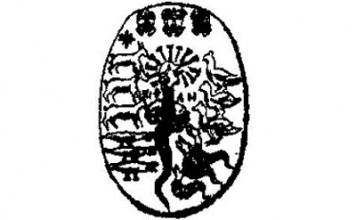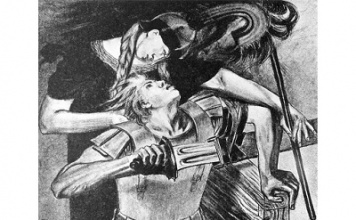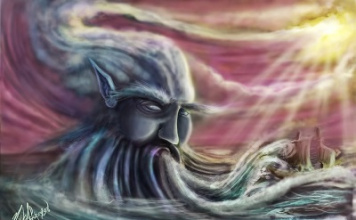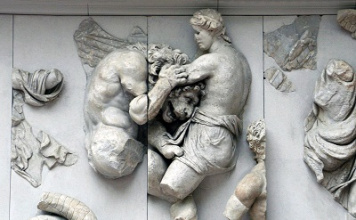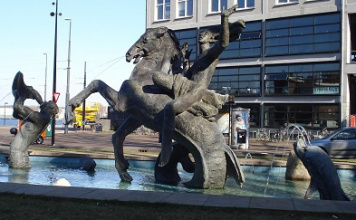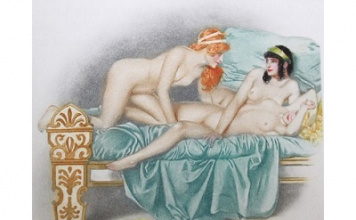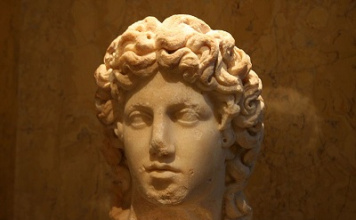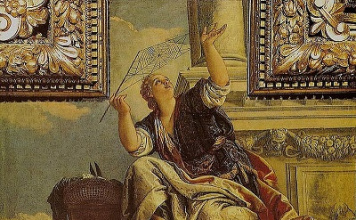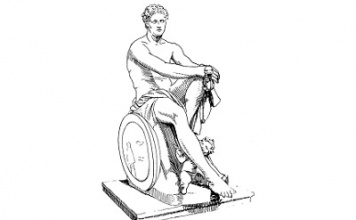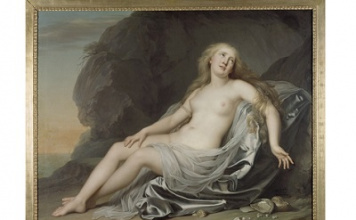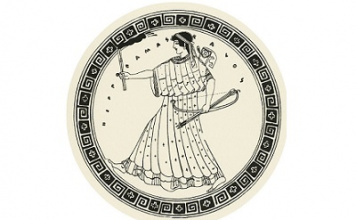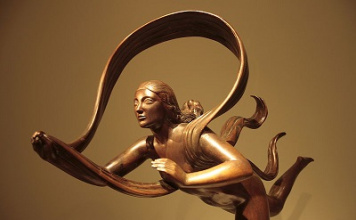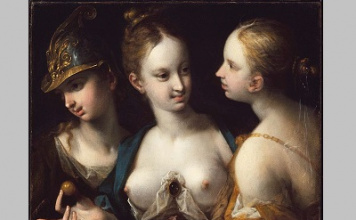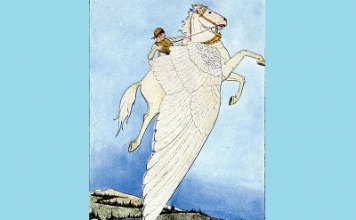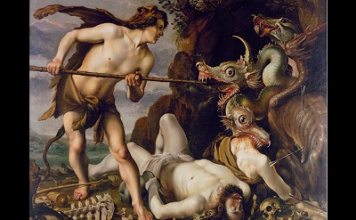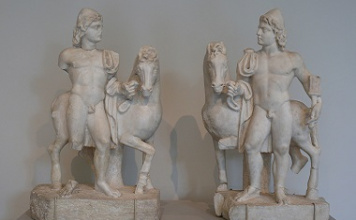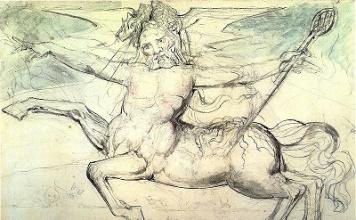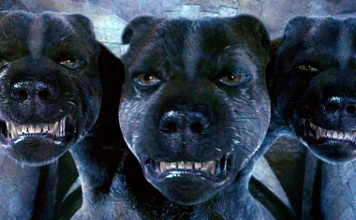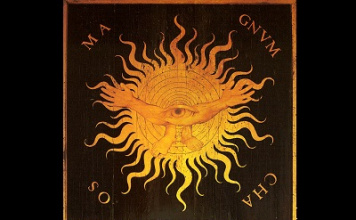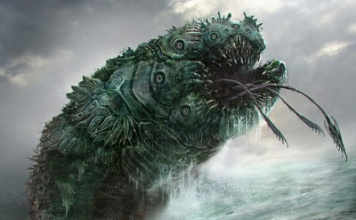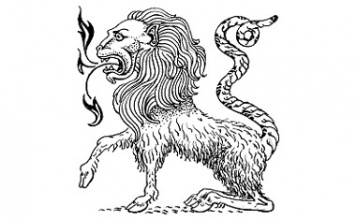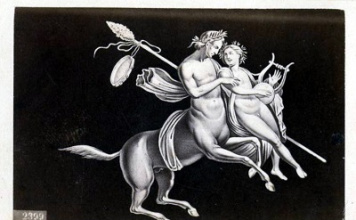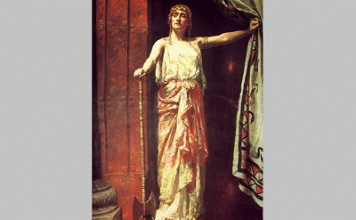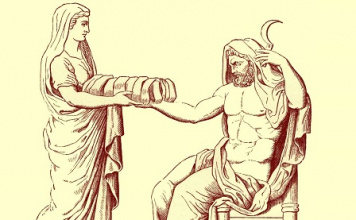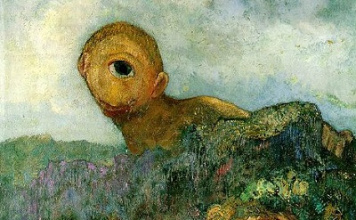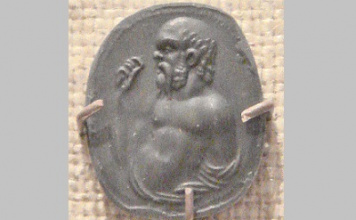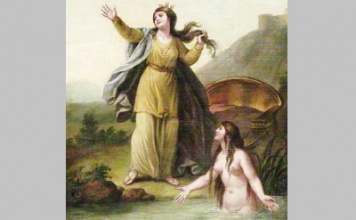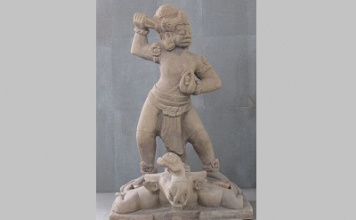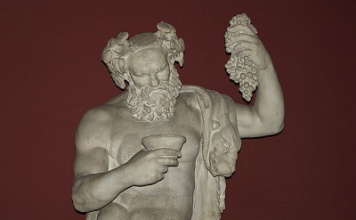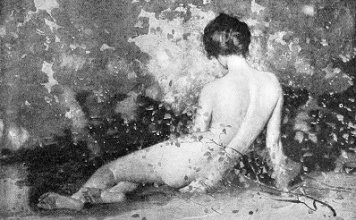Greek Mythology
Greek Gods
The deities of ancient Greece represented the essence of their culture and search for explanations about life and the world around them. The Greeks believed that the universe existed first and it created the gods and goddesses. The eldest gods are the Titans, each was associated with a planet. They were overthrown and banished to Tartarus, the deepest of the underworlds, by the Olympians who became the rulers. Although the Greek gods have human form they never age or die. Like mortals, they have passions and display weaknesses and were often held accountable for their actions in mythological tales.
Heroes
The Heroes of ancient Greece were exceptional mortals or demi- gods, (a child with one divine parent). Each hero possessed incredible skills or stood out for their intelligence or ingenuity. Heroes accomplished incredible tasks that progressed humanity. The beloved and powerful Heracles was a Greek hero, as was the great warrior Achilles. Perhaps the most famous of the mortal heroes is Odysseus, the protagonist of the epic Homeric poems, the Iliad and the Odyssey. Greek heroes were exalted for their courage, celebrated for their strength, and favored by the gods.
Titans
The first generation of Greek Titans and Titanesses, were the children of the Protogonoi (first born gods) Uranus (Heaven) and Gaea (Earth). There were twelve giant Titan gods, six brothers and six sisters living on Mount Othrys. The second generation of Titans were the incestuous offspring of the first twelve. The word “titanic” is derived from Titans, in reference to their great size and power. However, despite their enormity, the Titans were defeated by the next generation of gods, the Olympians, in a war that lasted ten years called the Titanomachy and banished to Tartarus, an underworld below Hades.


